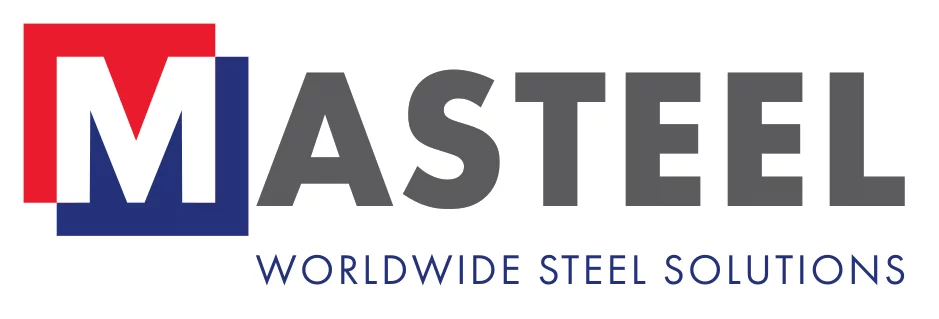An alloy steel is a steel that is alloyed with various elements to improve its mechanical properties. Typically, these elements are added at a small percentage of usually no more than 5%. Technically, every steel is an alloy, but not all steels are labeled ‘alloy steel’. Steels with this label are alloyed with other alloying elements in addition to carbon. Common alloying elements include manganese, chromium, nickel, silicon, boron, and molybdenum.
Low alloy steels are the most common, with only slight chemical modification to subtly improve the properties of the steel. A high alloy steel is often defined as having alloying elements that make up more than 8% of the materials composition. Typically, low alloy steels are used to increase strength and hardenability and high alloy steels are used for special properties such as temperature stability.
Mechanical Property Improvement
As we’ve already mentioned, alloy steels have improved mechanical properties based upon the alloying elements used.
One of the most popular mechanical properties that are altered in alloy steels is the strength of the material. Manganese, silicon, copper, and nickel are common alloying elements used to increase the strength of an alloy steel, as they form solid solutions in ferrite. Tungsten, molybdenum, chromium, and vanadium can also increase strength in alloy steels by forming second-phased carbides.
Corrosion resistance is another mechanical property that is often increased by the use of alloying elements. Chromium, copper, and nickel are often used to do this, which allow these alloys to be used in more extreme environments. Alloy steels can also have properties that help ease the fabrication process, for example, bismuth and lead help to improve machinability.
Common Alloy Steels
While there are a lot of different alloying elements that can be used to improve the mechanical properties of steel, certain combinations are used often and there are different types of alloy steel that are more popular than others.
High strength low alloy (HSLA) steel is an alloy that provides greater atmospheric corrosion resistance and high strength. There are six different classifications of HSLA steel, with varying alloying elements used. Typically, vanadium, niobium, titanium, and copper are used to provide the increased strength, and copper, chromium, phosphorus, and silicon are used to increase corrosion resistance.
Due to the high strength of HSLA steels, they can often be harder to form, in some cases calcium or zirconium are added to improve formability.
Learn More: What is a High Strength Low Alloy Steel (HSLA Steel)?
Chrome moly is another common alloy steel. This material is an alloy of chromium and molybdenum, which improves hardenability, increase strength, high temperature resistance, corrosion, and oxidation resistance.
Alloy Steels from Masteel
Masteel supply a range of alloy steels including HSLA steel and chrome moly steel. As a global steel supplier, Masteel is experts in providing the right steel for the application. If you would like any more information about our range of alloyed steels, please contact us.

